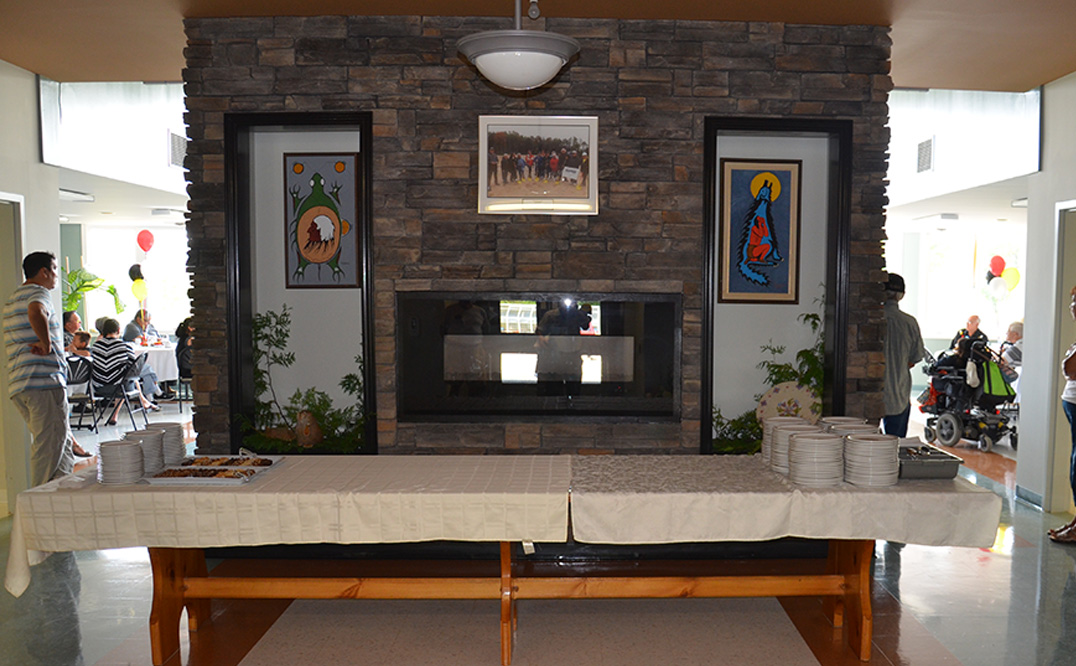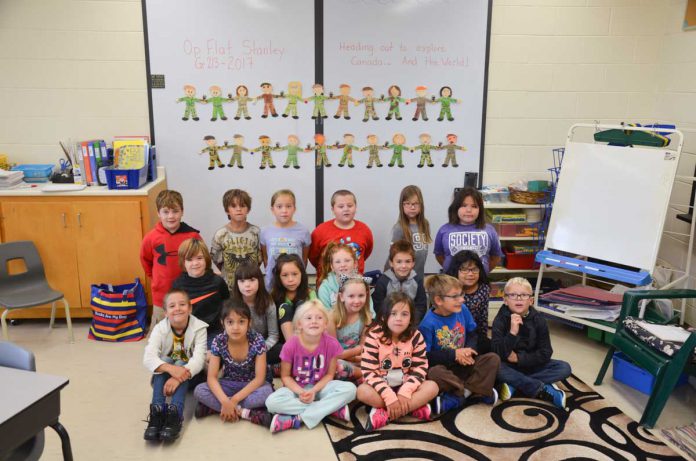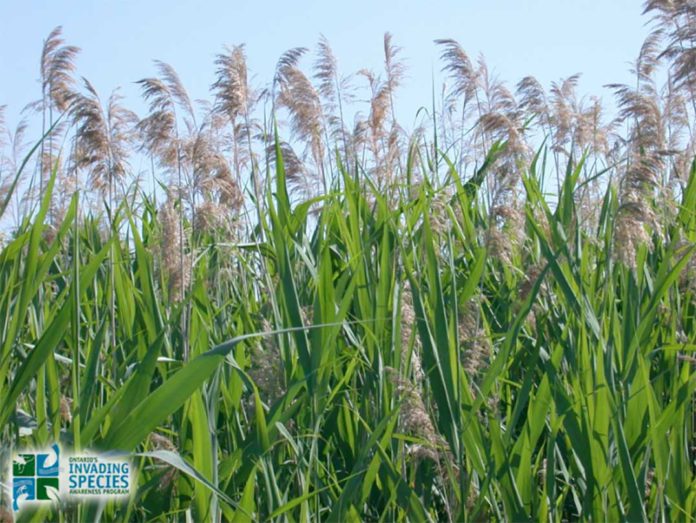M’Chigeeng membership code lists continue to confound
M’CHIGEENG FIRST NATION—What was billed as an “Elders and Friends Information and Strategy Meeting” held at the Anishinaabemowin Gamig Centre, sponsored by the centre’s steering group, to discuss the recent overturning of the results of the September M’Chigeeng band election by the band’s appeals committee and the subsequent court challenge of that overturning by former Chief Linda Debassige, attracted around 50 participants, but left many with a lot of questions unanswered.
According to court documents, Ms. Debassige’s motion before the Federal Court requested that the court issue an order setting aside the decision of the M’Chigeeng Appeals Committee dated October 2, that an order declaring the M’Chigeeng First Nation election of September 9, 2017 be valid; an order to expedite the hearing of her application; and order to stay the proposed new election; an order for an extension of the filing and serving of the application; and costs.
A November 8 order by the Honourable Justice Barnes cites “this motion brought on behalf of the applicant Linda Debassige for an order amending the style of cause and a stay of the re-election was heard on November 6, 2017 at 180 Queen Street West, Toronto, Ontario and upon reading the consent of the parties filed, this court orders that the style of the cause shall be amended, with the immediate effect that the respondent be named ‘M’Chigeeng First Nation Appeal Committee;” and ordered that “a stay of the re-election until resolution of the within Judicial Review Application; and that there shall be no costs of this motion.”
As it was suggested that Ms. Debassige was in court, the decision was made to not discuss her being in court as she was not present to respond. Observers did note that the greatest applause of the evening was reserved for a suggestion that the September 9 election results should be accepted.
The name of the individual who filed the original appeal that led to the overturning of the September 9 election results was redacted from the published version of the appeal and some of those attending the meeting wanted to know who had filed that document but received no answer.
A recommendation was put forth to have a community information session at the M’Chigeeng First Nation Complex in the near future as the custom membership code upon which the appeal was based remains a confusing issue for many of the First Nations residents.
As part of the move toward reasserting its sovereignty, M’Chigeeng created its own membership code. When that code was implemented, many of those who were on the previous membership list were “grandfathered” into the new list, but the membership code apparently stipuulates that those members were required to reapply to be on the official membership list. This left many people who believed they were members of the M’Chigeeng First Nation (as per their Indian Status cards designation) off of the list. Many of those orphaned members have complained that they were not given notice that they needed to reapply to be members of the band, including a few of the candidates who ran successfully, and unsuccessfully, for chief and council, as well as a number of electors who voted in the September 9 election. When the legitimacy of the election was challenged, the M’Chigeeng Election Appeals Committee looked at the custom election code and, with some outside legal advice, determined that the appeal was legitimate and the election was declared null and void, with a new election called for sometime in December.
Online debates have been ongoing, with many long time community members and residents outraged to discover that they are not on the official band membership list, although their federal government Status Cards list their community as M’Chigeeng First Nation.
A number of online and social media posts have called for the issue to be kept “within the family” and out of the media fearing ridicule and the continuance of stereotypes regarding Anishinaabe competence to manage their own affairs, while others challenge the lack of communication that led in large part to the crisis coming about in the first instance.
In attempting to cover the issues surrounding the overturning of the election and explain the issues presented by the custom membership code The Expositor has discovered a reluctance to “go on the record” due to a concern of potential repercussions.
Privately, however, many of those contacted during attempts to cover the issues have suggested that an internal power struggle within the band is playing a role. No concrete evidence to support those allegations has been presented to The Expositor, rather evidence points to the complexity of the challenges in formulating and communicating a custom membership code in an environment characterized by inadequate funding resources seems to be playing a lead role.
The Expositor will continue to cover this story to the best of its ability.





